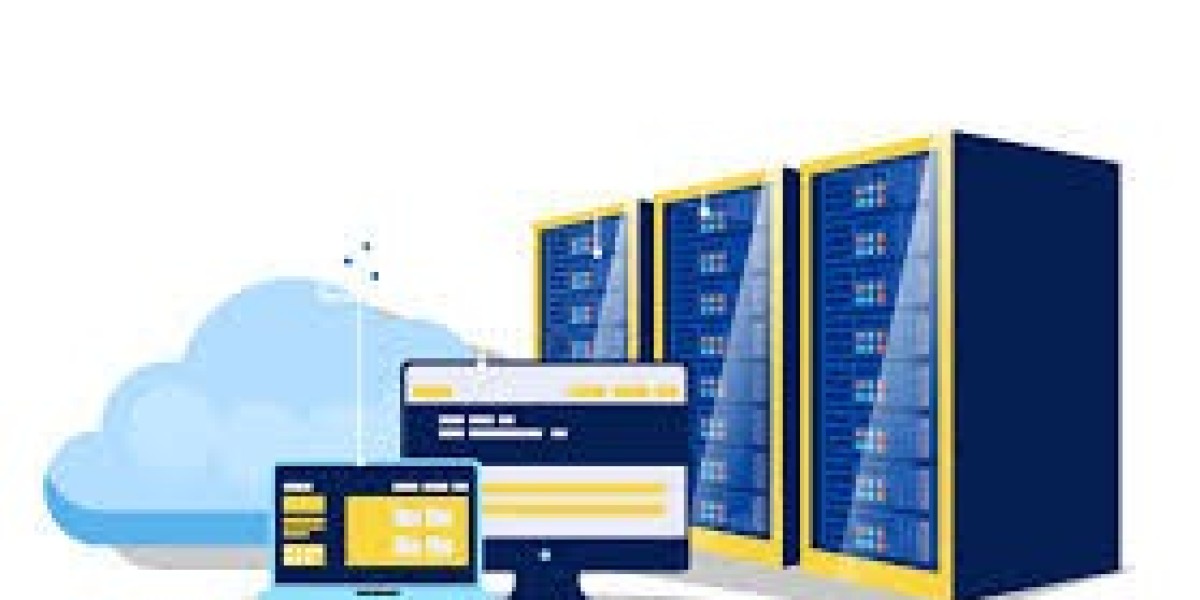The education sector is undergoing a seismic transformation, and Data Analytics for Optimizing Educational Outcomes is at the center of this evolution.
With the rise of advanced EdTech Solutions and Services, educational institutions are leveraging analytics to personalize learning, improve performance tracking, and enable data-backed decisions at all levels.
Whether it's K-12 schools, higher education institutions, or corporate learning environments, the application of intelligent data tools is reshaping how we understand and improve the learning experience.
This article explores how data analytics, when integrated into modern EdTech ecosystems like those developed by Us, delivers measurable, meaningful, and scalable educational improvements.
Introduction to Data Analytics in Education
Data analytics in education refers to the use of statistical, AI-powered, and machine learning tools to collect, interpret, and act upon educational data. This data may include everything from student attendance and assignment scores to engagement metrics, emotional feedback, and beyond.
As traditional learning struggles to meet the diverse needs of modern learners, data analytics especially when combined with innovative EdTech Solutions and Services offers a lifeline. It empowers educators to make informed decisions that optimize outcomes, from curriculum design to personalized learning paths.
Role of EdTech Solutions and Services
EdTech Solutions and Services act as the backbone for integrating data analytics into educational frameworks. These platforms like those developed by us combine digital infrastructure with intelligent analytics layers to deliver actionable insights across the educational ecosystem.
Features Include:
Learning Management Systems (LMS) with embedded analytics
Mobile learning apps with student interaction tracking
Real-time performance dashboards for teachers and admins
Predictive models that identify learning gaps and risks
Student-Centric Personalization Through Analytics
Gone are the days of "one-size-fits-all" learning. Analytics help EdTech tools understand a student's learning preferences, pace, and challenges. AI-driven personalization creates:
Tailored lesson plans
Dynamic quiz difficulty adjustment
Visual vs. auditory content choices based on learning style
These features boost student engagement and academic success by addressing individual learning needs.
Improving Teaching Strategies with Real-Time Data
Educators can now access real-time data dashboards that reflect student progress, interaction patterns, and quiz performance. With this:
Teachers adjust content delivery methods on the fly
Real-time feedback enables adaptive interventions
Underperforming students are identified earlier
With EdTech Solutions and Services facilitating these features, data is no longer siloed—it's a continuous feedback loop for growth.
Predictive Analytics to Reduce Dropout Rates
One of the most powerful aspects of educational data analytics is predictive modeling. By analyzing historical patterns, these systems can flag at-risk students based on:
Decreased engagement
Missed assignments
Low participation rates
This triggers automated alerts and intervention plans, reducing dropout rates and improving retention.
Enhancing Curriculum Design with Data Insights
Curriculum developers can now make data-driven decisions based on:
Content performance (completion rates, test scores)
Student feedback
Time spent on modules
Courses evolve dynamically, with ineffective modules being redesigned or eliminated—ensuring every learning resource has maximum impact.
Engagement Analytics: Measuring What Matters
Modern EdTech tools analyze how students engage with content through:
Clickstream analysis
Eye-tracking and attention heatmaps
Time-on-task metrics
This helps identify engaging formats and optimize content layout and delivery.
Assessments and Performance Tracking
Smart testing platforms use data analytics to:
Create adaptive assessments
Evaluate higher-order thinking skills
Detect academic dishonesty through pattern recognition
EdTech Solutions and Services ensure that assessments are not just evaluative—but diagnostic and formative.
Parent and Stakeholder Involvement via Dashboards
Transparent dashboards give parents, school admins, and stakeholders access to:
Real-time grades
Behavior patterns
Learning progress charts
This fosters a collaborative environment where student growth is a shared mission, not just a classroom responsibility.
Benefits of Using EdTech Solutions and Services
Benefit | Description |
Scalability | Easily adapts from 10 to 10,000 users |
Accessibility | Remote learning with inclusive features |
Data Accuracy | Automated grading and insights |
Efficiency | Time-saving for educators and admins |
Engagement | Personalized learning increases motivation |
Challenges and Ethical Considerations
While data analytics opens new frontiers, challenges exist:
Privacy concerns around student data
Bias in algorithms if not trained properly
Consent and transparency in data collection
Solutions involve clear privacy policies, parental consent, and frequent audits—especially important for EdTech Solutions and Services catering to minors.
Case Studies of Data-Driven Education Success
Example: A U.S. School District
Implemented AI-based analytics via a custom LMS platform, reducing dropout rates by 22% in one academic year.
Example: An International University
Used predictive analytics to recommend personalized study plans—resulting in a 30% increase in graduation rates.
Example: Online EdTech Startup
Integrated real-time feedback loops into their mobile platform, increasing average student engagement by 45%.
Integrating AI and Machine Learning in EdTech
AI makes data analytics smarter by:
Predicting student behavior patterns
Delivering real-time content recommendations
Running intelligent tutoring bots for 24/7 help
EdTech platforms enhanced with AI redefine modern learning by creating a dynamic, data-rich environment.
Choosing the Right EdTech Partner
When selecting a platform or vendor, consider:
Customization capabilities
Track record in the education sector
Compliance with data regulations
Ongoing support and upgrades
Trusted firms like Tkxel blend technical innovation with pedagogical understanding, offering tailored EdTech Solutions and Services that go beyond just software.
The Future of Data Analytics in Education
Expect even more integrations of:
Augmented Reality (AR) for experiential learning
Natural Language Processing (NLP) to analyze student writing
Blockchain for credentialing and secure data
The next phase of educational evolution will be driven by hyper-personalized, AI-powered, and analytics-rich EdTech ecosystems.
Frequently Asked Questions
What is the role of data analytics in education?
It helps personalize learning, monitor student performance, and improve curriculum design through evidence-based decisions.
How do EdTech Solutions and Services utilize data?
They gather, analyze, and present data from learning platforms, assessments, and interactions to inform educators and learners.
Can data analytics help reduce student dropouts?
Yes, predictive models can flag at-risk students early and enable targeted interventions.
Is data analytics in education safe?
With proper data policies, encryption, and compliance standards, it can be very secure and privacy-focused.
Do teachers need technical skills to use data analytics tools?
Most modern EdTech platforms are user-friendly and provide training or support for educators.
What’s the biggest advantage of using EdTech with analytics?
It leads to personalized, efficient, and measurable education, improving both teaching and learning outcomes.
Conclusion
Data Analytics for Optimizing Educational Outcomes is not just a trend—it's a revolution in how we learn, teach, and grow. When supported by intelligent EdTech Solutions and Services, educational institutions can move from reactive teaching to proactive, predictive, and personalized learning experiences.
By choosing an expert partner like us, schools and organizations can unlock the full potential of data, driving success stories that go far beyond grades and test scores.








